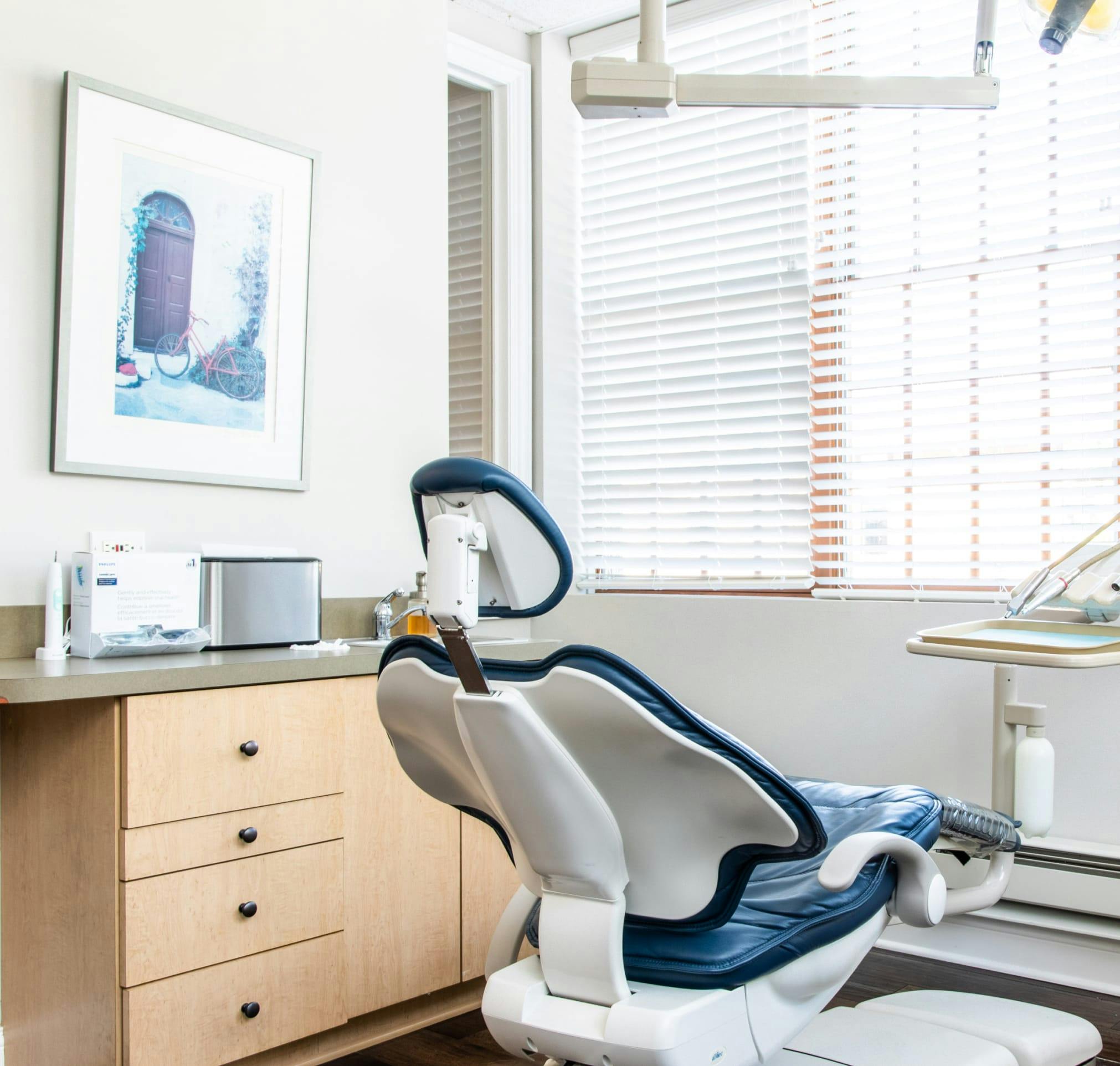Symptoms of Gum Disease
If you are experiencing any of the following symptoms, it is vital that you visit a periodontal specialist:
- Bleeding gums when brushing or flossing
- Swollen or painful gums
- Pain in the gums or mouth
- Receding gums
- Changes in your bite
- Sensitive teeth
- Loose teeth





